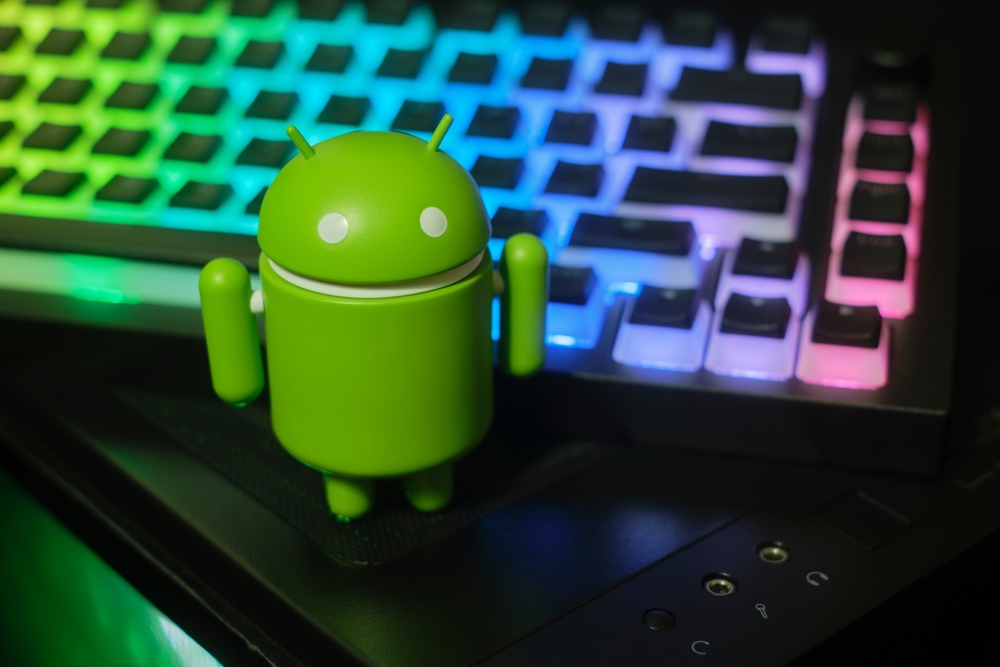The open video encoding format AV1, developed by the non-profit Alliance for Open Media, serves as a successor to VP9 for streaming online video content. Unlike competing codecs like H.264 and H.265 (HEVC), AV1 boasts a completely free license, facilitating implementation in open-source projects. Independent tests confirm AV1’s superior compression capabilities compared to its counterparts.

AV1 Software Decoder Integration:
Arif Dikici, Google’s manager overseeing video and image codecs for Android, recently announced the integration of an AV1 software decoder into the mobile operating system. The decoder, known as dav1d and developed by VideoLAN for the VLC media player, has been hailed by Dikichi as “the best AV1 software decoder available today.”
Enhanced Video Streaming for Android Devices:
Commencing with version 12, all Android devices will receive the dav1d decoder through an over-the-air system update, initiated via Google Play in March 2024. This update enables most Android devices to decode 720p video at 30 frames per second without requiring additional hardware.
Future of AV1 Hardware Decoders:
While AV1 specifications advocate for specialized hardware components, widespread adoption of AV1 hardware decoders remains limited. Consequently, the availability of an efficient and rapid software decoder presents a viable alternative as device generations evolve.
Transition to Default AV1 Software Decoder:
Currently, third-party media applications must select the dav1d decoder to leverage its benefits. However, this library is slated to become the default AV1 software decoder. Compared to the existing libgav1 codec, the new libdav1d library offers enhanced efficiency and performance.
Optimizing Performance and Power Consumption:
YouTube already utilizes libdav1d, enabling it on the client side. Users have the option to opt out of utilizing the new decoder due to potential increased power consumption on certain devices. VideoLAN is actively working to mitigate dav1d’s power consumption, promising “a 12 percent improvement in some cases,” notes NIX Solutions.
We’ll keep you updated on advancements in AV1 technology and its impact on video streaming capabilities.
